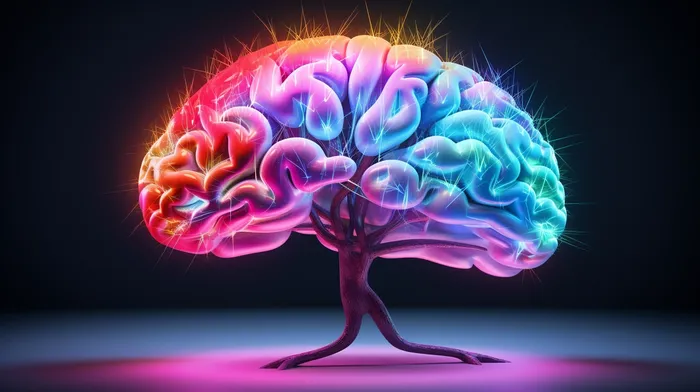As we age, our brain goes through various changes, just like the rest of our body. Some people barely notice a difference in their thinking and memory, while others may experience difficulties in decision-making, problem-solving, learning new skills, and processing information. Although changes in mental functions and capabilities are an inevitable part of aging, there are steps you can take to help keep your brain working efficiently as you grow older. The Institute of Medicine (IOM) has outlined seven steps in their extensive study that focuses on preserving cognition as we age:
1. Keep exercising
Being older doesn’t give you an excuse to become sedentary. A wide range of studies indicates that an active body promotes an active mind. Exercise has been linked to improved cognitive function and reduced risk of dementia. According to the Mayo Clinic, engaging in regular physical activity – such as walking, swimming, or practicing yoga – can boost your mood, increase your energy levels, and support better brain health.
2. Prioritize heart and artery health
Your cardiovascular system and blood vessels supply essential nutrients to your brain. Maintaining a healthy heart and circulatory system is crucial for supporting optimal cognitive functioning. To preserve the health of your heart and arteries, don’t smoke, manage your weight, and address high blood pressure issues. The American Heart Association recommends a balanced diet, regular exercise, and stress management as essential steps toward better heart health.
3. Be mindful of medication side effects
Some medications can have mind-stunting side effects that negatively affect your cognitive abilities. Discuss the medications you’re taking with a knowledgeable healthcare practitioner and determine if any could be impacting your mental functioning. If necessary, work with your healthcare provider to find alternative treatments that won’t interfere with your cognition.
4. Stay socially connected
Isolation can negatively affect your mental well-being. Staying connected with friends and family, joining clubs or organizations, and engaging in social activities all help to keep your mind active. As you grow older, continually learn new things and broaden your interests. The National Institute on Aging suggests activities like book clubs, art classes, religious groups, and volunteer opportunities as ways to stay engaged and connected with others.
5. Get adequate sleep
Sleep is essential for your brain’s ability to process and store information effectively. If you’re struggling to get enough rest, consider talking to a professional to address potential sleep issues. The National Sleep Foundation offers several sleep hygiene tips, such as maintaining a consistent sleep schedule, creating a relaxing bedtime routine, and making your sleep environment comfortable and conducive to rest.
6. Be cautious about surgeries and hospitalizations
Surgical procedures, hospital stays, and medications can sometimes lead to delirium – a sudden and dangerous state of disorientation and confusion. Be proactive in your healthcare by researching potential side effects of treatments and discussing any concerns with your healthcare provider. To ensure the safety and well-being of yourself or a loved one, be informed and prepared when facing surgical procedures or hospitalizations.
7. Research supplements and brain exercises
Nootropics (cognitive-enhancing supplements) and brain exercises may improve your brain health. Before purchasing or using these products, conduct thorough research to ensure their efficacy and safety. There are many online resources like the Cleveland Clinic that offer free information and exercises to help keep your brain sharp.
While research into how and why the brain changes as we age is still in its infancy, common sense remains the best approach to dealing with an aging brain. Staying active in all aspects of daily life – physical, social, and intellectual – is essential for preserving your cognitive abilities and overall brain health.



